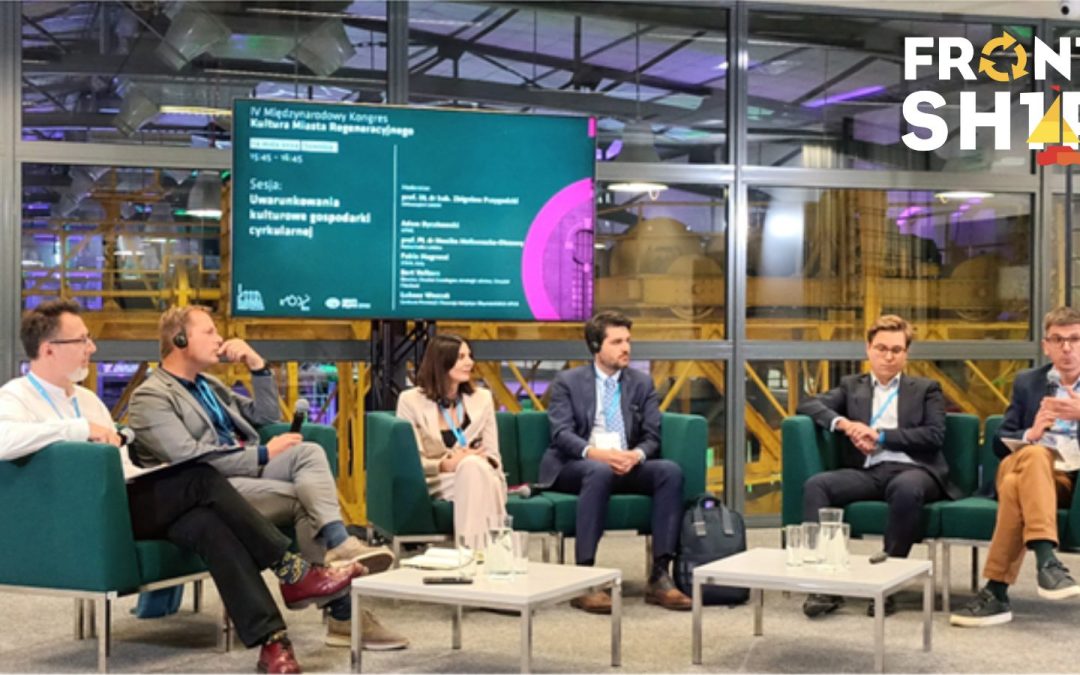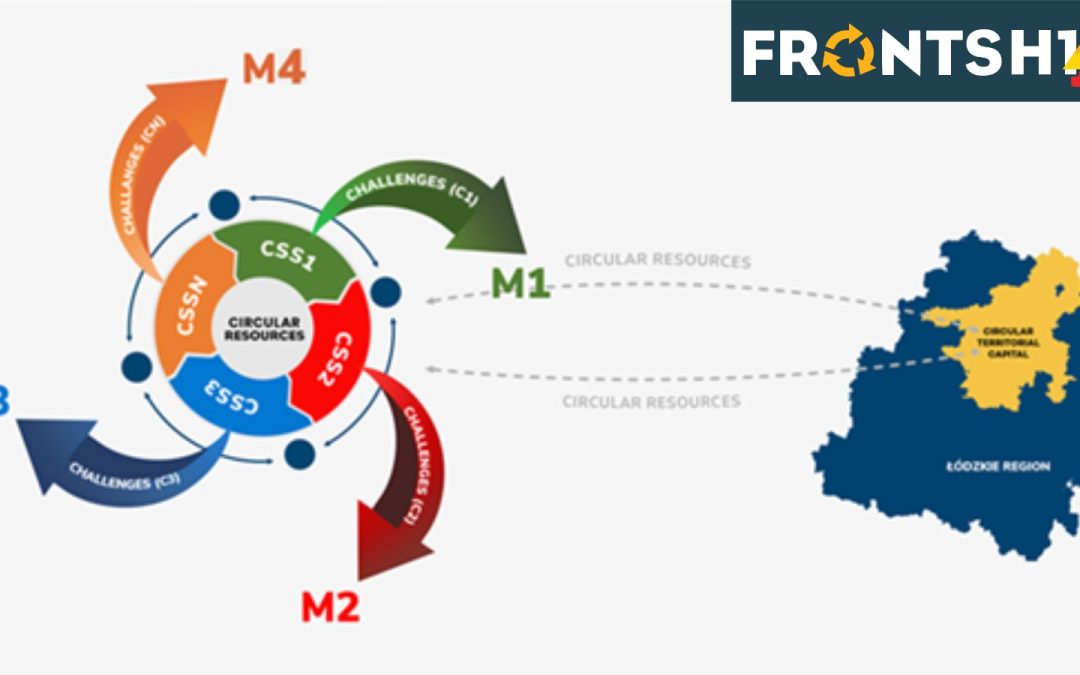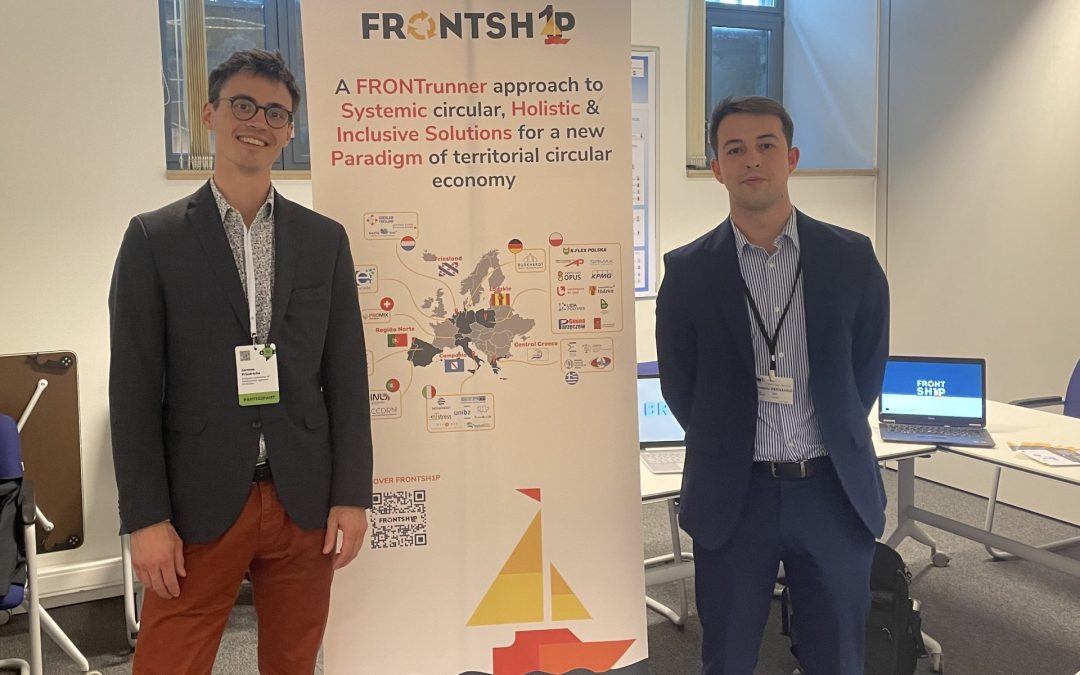Author: Alberto Reis
Water covers more than 70% of the Earth, but only 3% of the planet’s water is freshwater, and less than one third of it is potentially available for human purposes. Moreover, due to the demographic explosion, increased agriculture, industrialization and deforestation triggering pollution, climate change and global warming, the scarcity of water with satisfactory quality is becoming a worldwide problem affecting humankind and ecosystems, contributing to a degradation of quality of life. The same applies to air quality, as massive quantities of Green House Gases (GHG) are being released into the atmosphere.
Microalgae have been seen as a potential sustainable source of biofuels, bioenergy and a wide array of biobased products such as plant biofertilizers and biostimulants. The possibility of using wastewater as nutrient source for microalgae does not enter into competition with food and feed production. Furthermore, microalgae act as the only sustainable biological way to perform CCS (Carbon Capture and Storage) redirecting carbon into valuable biomass and contributing to decarbonisation.
Through the FRONTSH1P Project, liquid and gaseous waste will be reused by communities providing a solution to environmental problems, generating revenues and employment, and involving key territorial partners at a regional scale, which is expected to allow the promotion of the circular (bio)economy.
To reach key actors, relevant players, such as municipalities, companies, consumers and civil society, will be engaged using a participatory approach. FRONTSH1P is expected to contribute to a greener, more resilient economy and just transition of the Polish Łódzkie Region towards decarbonisation and territorial regeneration through the implementation and demonstration of highly replicable circular microalgal-mediated wastewater and gas treatment systems. A demo plant will be built and operated in Poland for treating agricultural and municipal wastewaters based on previous experience and pilot-scale facilities managed by LNEG (PT) and STAM (IT), which will act as technological enablers.
Through this Circular Systemic Solution, FRONTSH1P proposes a novel and universal solution independently of the origin of wastewater, avoiding the use of chemicals, saving energy and GHG emissions, enhancing nutrients recovery like nitrogen and phosphorus. A closed water cycle will be created for reusing wastewater more than once and to clean it before giving it back to the environment, producing simultaneously bio-based products such as plant fertilizers and biostimulants that should be used locally. A strong communication link between universities, businesses and civil society will be activated for technological knowledge transfer. Later, this case study including lessons learned and best practices will be replicated in four countries (The Netherlands, Italy, Greece and Portugal).






